Rory Stewart’s insights on Afghanistan
I just heard Rory Stewart on Channel Thirteen talk about his views on if the US is doing the right thing by increasing troops in Afghanistan. Mr. Stewart is currently the Ryan Family Professor of the Practice of Human Rights and the Director of the Carr Center for Human Rights Policy at the John F. Kennedy School of Government at Harvard University. As a former British soldier he walked across Afghanistan in 2002 getting to know the Afghan people, understanding its culture and studying the country. He writes about his experiences in his book, The Places in Between
He eloquently spoke about how he believes that the US goal of creating a Nation State in Afghanistan with the indirect goal of added US security from the Taliban, Al Qaeda and other terrorist outfits was impractical.
He goes on to add that it might take several decades for Afghanistan to have basic education, infrastructure, a judicial and military system etc. institutions that Pakistan has. However in my mind, this does not necessarily imply security against terrorism.
Unlike Mr. Stewart I am not an authority on such issues, but I do firmly believe that Pakistan’s current political instability and situation should be of greater concern to the US than Afghanistan. A new documentary called RethinkAfghanistan is currently online to be viewed. I’m personally not in favor of another war, this time Obama’s war!
An excerpt from Rory Stewart’s Irresistible Illusion :
“Furthermore, there are no self-evident connections between the key objectives of counter-terrorism, development, democracy/ state-building and counter-insurgency. Counter-insurgency is neither a necessary nor a sufficient condition for state-building. You could create a stable legitimate state without winning a counter-insurgency campaign (India, which is far more stable and legitimate than Afghanistan, is still fighting several long counter-insurgency campaigns from Assam to Kashmir). You could win a counter-insurgency campaign without creating a stable state (if such a state also required the rule of law and a legitimate domestic economy). Nor is there any necessary connection between state-formation and terrorism. Our confusions are well illustrated by the debates about whether Iraq was a rogue state harbouring terrorists (as Bush claimed) or an authoritarian state which excluded terrorists (as was in fact the case).
It is impossible for Britain and its allies to build an Afghan state. They have no clear picture of this promised ‘state’, and such a thing could come only from an Afghan national movement, not as a gift from foreigners. Is a centralised state, in any case, an appropriate model for a mountainous country, with strong traditions of local self-government and autonomy, significant ethnic differences, but strong shared moral values? And even were stronger central institutions to emerge, would they assist Western national security objectives? Afghanistan is starting from a very low base: 30 years of investment might allow its army, police, civil service and economy to approach the levels of Pakistan. But Osama bin Laden is still in Pakistan, not Afghanistan. He chooses to be there precisely because Pakistan can be more assertive in its state sovereignty than Afghanistan and restricts US operations. From a narrow (and harsh) US national security perspective, a poor failed state could be easier to handle than a more developed one: Yemen is less threatening than Iran, Somalia than Saudi Arabia, Afghanistan than Pakistan.”

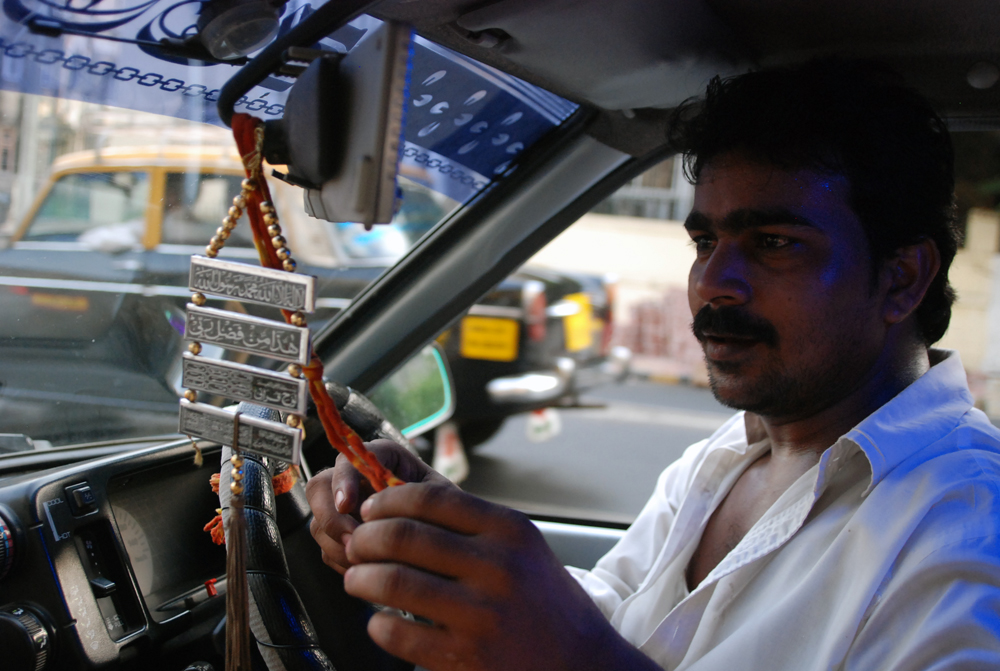
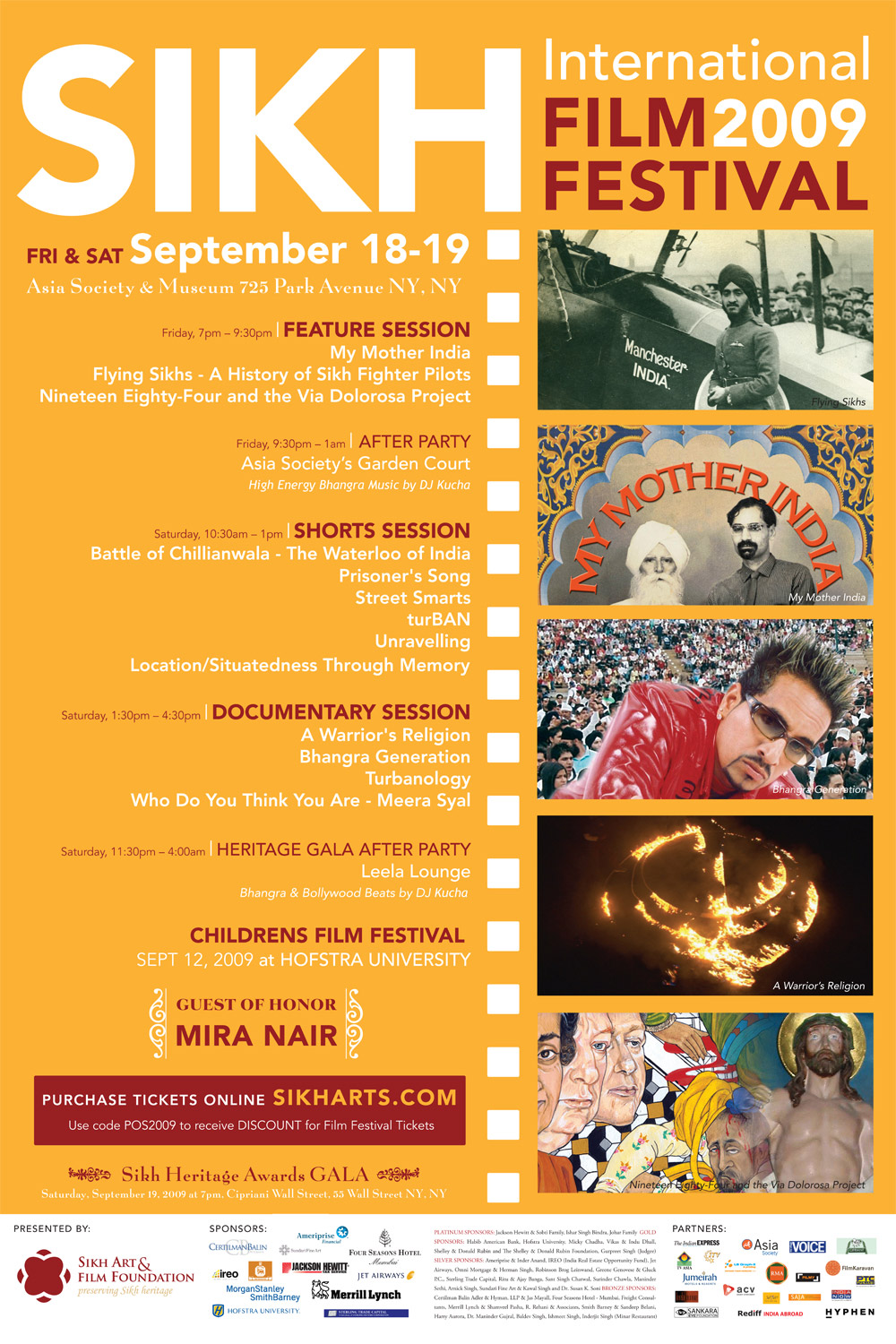
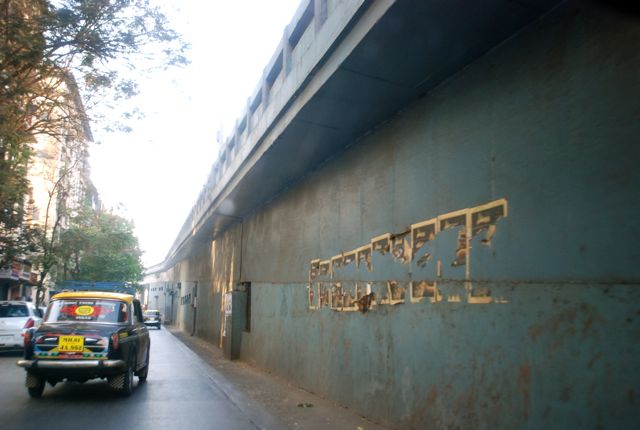
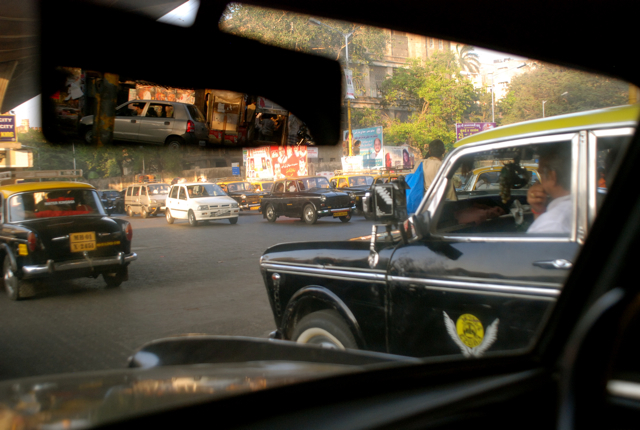
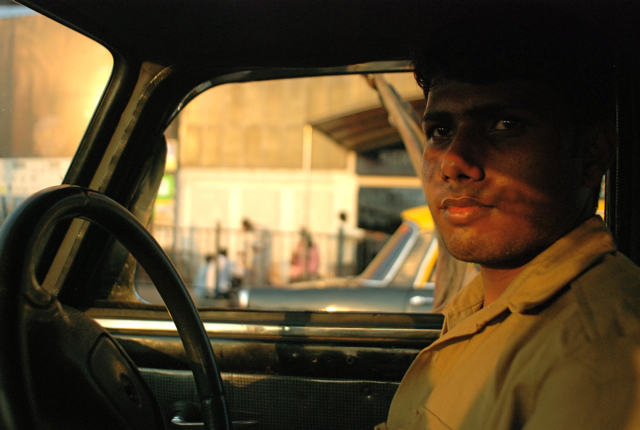
September 25th, 2009 at 7:53 pm
Just saw the same thing, and I share the concerns. His advice at the end seems spot-on. But Barack is his own man, charting a course, so only time will tell.
September 27th, 2009 at 10:40 am
It would have been great had you been able to make the point you raise in your second paragraph – about the relationship between development and security, and the crucial relevance of Pakistan to the USA – to Rory Stewart directly, as his answer presumably would have been quite interesting. I also wish the interview had included questions about the relationship between the USA and Iran – he walked across Iran on the same journey that included Afghanistan, so he ought to have insights of some value. But then I guess there is only so much time in any given interview, and so very many questions ….
October 2nd, 2009 at 9:06 am
Well one one hand more development and infrastructure can create nuclear weapons which can help in increasing National security if you go by the tenants of the Non Proliferation Treaty. But in this case I feel that the US trying to develop Afghanistan will not necessarily solve National US security problems for now, since as R. Stewart points out the terrorists are hiding in Pakistan, which being a stronger and more developed nation than Afghanistan can actually shelter them against the World community.